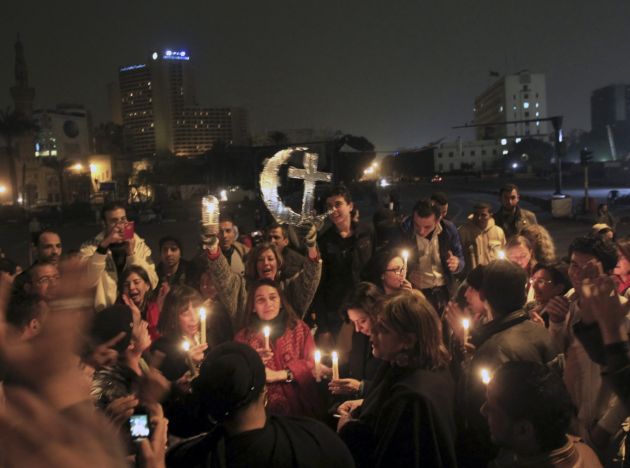Indonesian lawmaker says Mass Organizations bill is moderate

An Indonesia lawmaker involved in drawing up Indonesia's contentious Mass Organizations bill is seeking to allay concerns about the new law saying he believes it will actually act moderate the rules of civil society groups.
Optimistic the bill will pass in the plenary session of the House of Representatives during the week, Abdul Malik Haramain said the bill has been subject to revisions to address concerns raised by different international and local organizations.
A senior lawmaker at the House of Representatives was, however, quoted in the Jakarta Post newspaper as saying that fierce debate may lead to a delayed vote on the bill.
"The special committee deliberating on the bill should not be upset if the House amends the bill," Priyo Budi Santoso, one of the deputy speakers in the country's lower House of Representatives said Friday.
The newspaper said the house had planned to vote on the bill on April 12 after several weeks of deliberation involving criticism from civil society organizations, specifically Muslim groups, NGOs, students and workers that it might infringe on people's rights to association.
Haramain is the chairman of the House of Representatives' Special Committee deliberating on the bill.
"Indeed, there are still questions about the related names, why keep using the name Mass Organizations Bill? Now, it is still the same name but [with] different contents [from the old bill]," Haramain said in a statement.
Haramain asserted there is no article in the revised bill that can be considered repressive.
The bill has actually moderated what are known as the Keormasan rules, he added.
Keormasan rules are criminal codes used to arrest dissents violating one of the five principles of pancasila, the unity of Indonesia (Persatuan Indonesia) and the founding philosophy of the Indonesian State that promotes there being one God.
In the past, it has been used to arrest journalists and intellectuals perceived by the government as promoting insubordination.
Haramain said the revised bill is less complicated and has no legal status.
It simply asks founders to secure a certificate of registration and/or submit documents about its location to the district office with jurisdiction on the area. The government cannot effect suspension or dissolution against any organization without court proceedings, he added.
Additionally, from the required membership of 100 to 200 people, the revised organizations bill will allow as few as three people to organize and form their own organization, Haramain said.
Haramain reiterated that the bill would not be an obstacle to organizations.
He, however, warned those who intend to violate others' freedom, vandalize public property and resort to violence saying they would be merited suspension after three warnings. He is asking the public to read and learn about the new bill to avoid misinformation.
Indonesia's move to draft a mass organizations bill based on Law no. 8 of the 1985 Law on Social Organizations met resistance.
Some views the bill as a sign of going back to the era of President Suharto, who ruled with an iron fist for 31 years establishing the New Order.
Others see it as a necessary protection for religious minorities from harassments and intimidation by the ruling religious group and organizations supporting it.
Human Rights Watch alleged recently that the government has been a willing accomplice in the persecution of religious minorities in the country by not pursuing cases against the organizations into discriminatory activities.
On April 4, an Ahmadiyah mosque in Bekasi, a city in West Java was shut down following the closure of another minority organization's building, the Batak Protestant Christian Church, also in Bekasi.
According to the Human Rights Watch, these are signs of growing religious intolerance in the country.
Ahmadiyah, who are an Islamic group and Christians are among the religious minorities in Indonesia, the world's largest Muslim country with more than 80 percent of the 251 million people professing Sunni Islam.
Some of the nine percent Christians are hopeful that the Mass Organizations bill will be a means to disband organizations promoting violence.